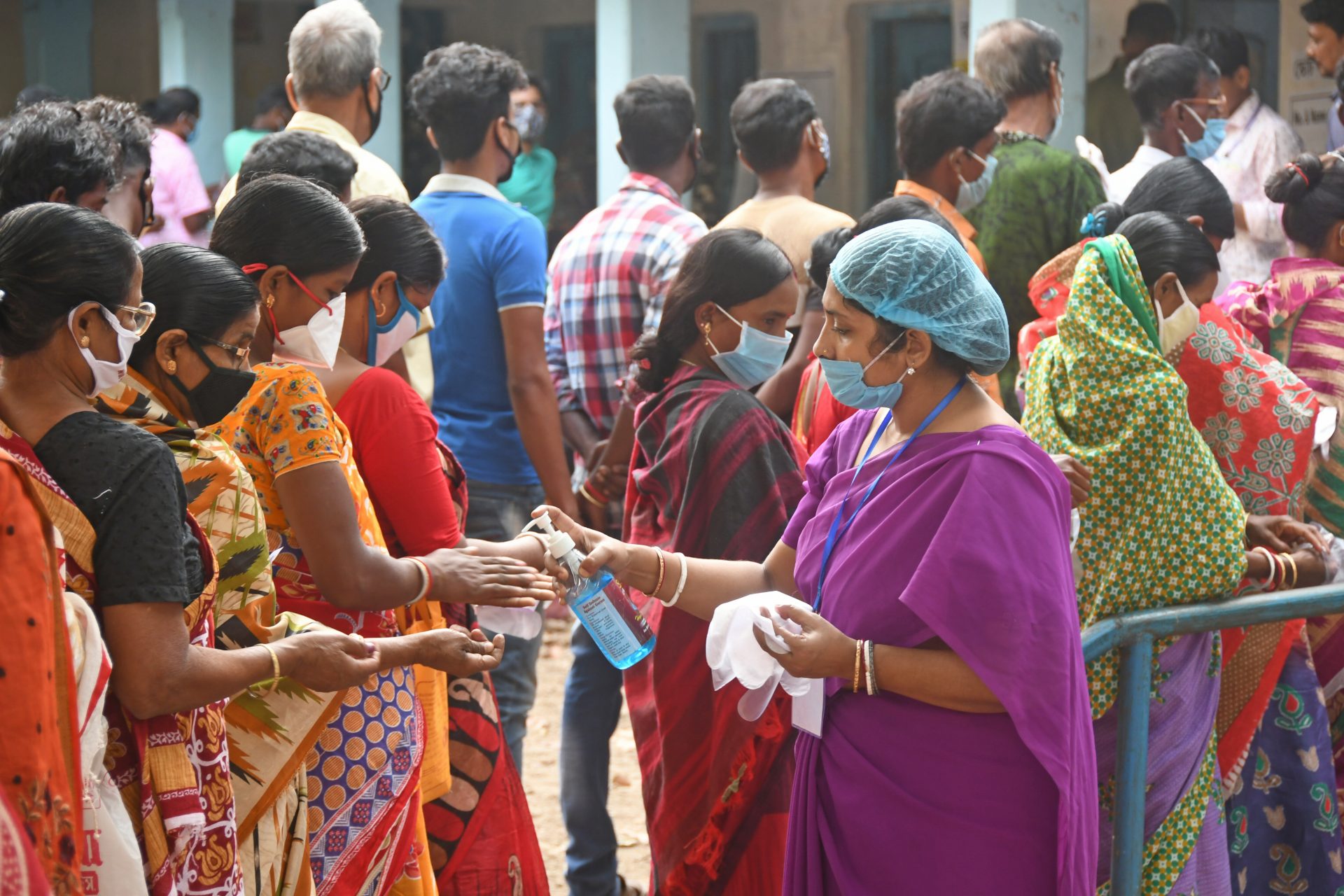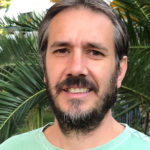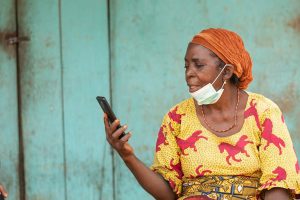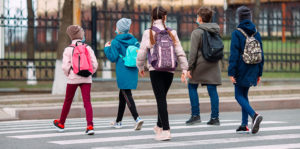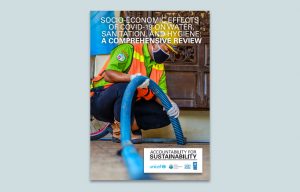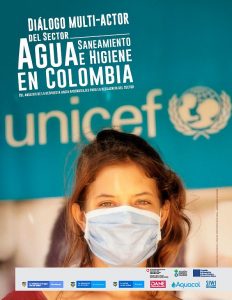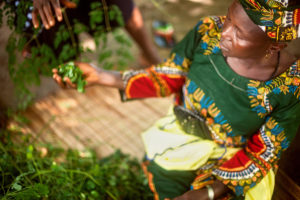SIWI publication receives Best of UNICEF Research 2022 award
“With a quarter of the global population relying on water collected from off-premises sources, a lockdown situation meant that water for handwashing was in limited supply.”
SIWI’s co-author Ricard Gene said that “The study made a difference in the sense that it was a response to this urgent need.” UNICEF LACRO’s WASH team began a process with SIWI in March 2020 to collate information about the measures being taken by 26 countries in the region. The measures were categorized using an analytical framework, based on whether they were designed to support service users, including households and institutions or service providers.
Process and impact
Once information was collected in March the results were published in a series of technical notes in three different languages. The notes were disseminated and discussed by the sector network WASHLAC, led by UNICEF WASH LACRO via successive webinars and on a dedicated website. The information collation exercise was then repeated in other regions, helping monitor how countries’ responses changed as the pandemic evolved. In total, it was applied in 84 countries across the world.
The study was also fundamental in some countries to develop the response framework, by showing the response areas in most need of policy attention.
This research also led to another study titled Socio-economic effects of COVID-19 on water, sanitation and hygiene: A comprehensive review.
About the award
For the past 10 years, the Best of UNICEF Research annual competition, run by UNICEF Innocenti, has invited UNICEF colleagues around the world to submit their latest and best research for children. The aim is to promote research best practices, in order to identify where they may be scaled up, and to award quality submissions with high potential for impact on policies and programmes that benefit children.
